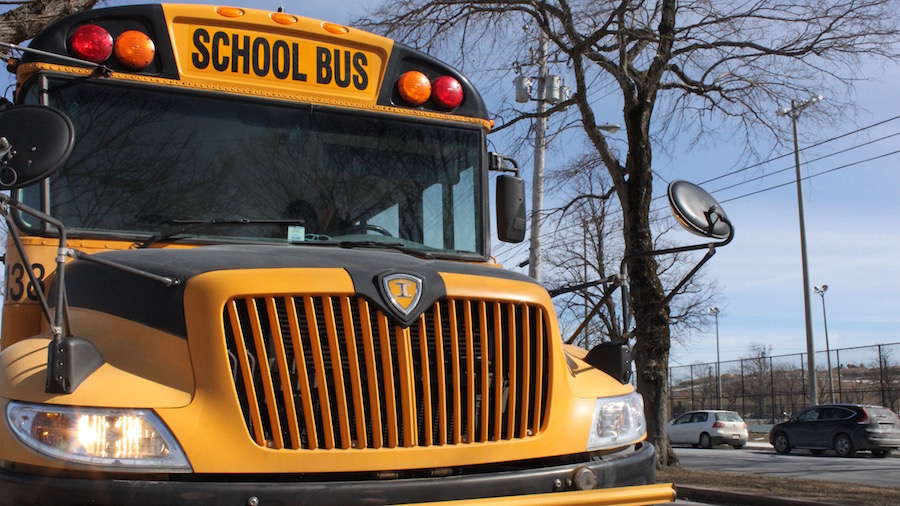TEACHERS
9 teachers named to new council to improve classroom conditions
The council will look at issues like data collection and attendance policies

caption
Schools in Nova Scotia will be closed from Dec. 18 to Jan 11.
caption
Nine teachers are on the committee to improve classroom conditions.The members for the Council to Improve Classroom Conditions have been appointed, including nine teachers from around the province, a high school student and a parent.
“I’m interested in the process, it comes with a large responsibility,” said Michael Cosgrove, an English teacher at Dartmouth High School and one of the nine teachers selected from a list of 779 applicants.
“We want to gather as many good ideas from teachers as possible so I’m looking forward to working with the other people to start that process.” Related stories
The council is responsible for reporting on poor classroom conditions in schools in order to address issues in the classroom identified by public school teachers. The list of 14 members was announced Tuesday.
Joan Ling, the executive director of the Nova Scotia Teachers Union (NSTU) and Sandra Mackenzie, the deputy minister of Education and Early Childhood Development (EECD), are co-chairs of the council.
The other eight teachers on the council are:
- Sean Barker, Antigonigh Education Centre, Antigonish
- Mélanie Belliveau, École Acadienne de Pomquet, Antigonish
- Cheryl Bourque-Wells, Drumlin Heights Consolidated School, Yarmouth
- Elizabeth Brideau-Clark, Bayview Community School, Lunenburg
- Melanie Morrissey, Bible Hill Junior High School, Colchester
- Reagan O’Hara, Avon View High School, Windsor
- Kerri Lynn Power, Memorial High School, Cape Breton
- Rachel Ross-Mantley, Central Spryfield Elementary, Halifax
There are also three government appointees: Myles Fox, a Grade 10 student at Cobequid Education Centre; Amy MacKinnon, a parent from Shelburne; and Pamela Doyle, a guidance counsellor at Lockview High School in Fall River.
The council is responsible for reporting on several priority concerns, including class sizes, assessments and evaluations, and student discipline. The council will receive $20 million over two years to do its job.
The council is a result of Bill 75, the controversial bill that sparked a string of rallies and protests by NSTU members who had been locked in a contract dispute with the province for months. The teachers on the council were chosen by school board superintendents.
NSTU president Liette Doucet still has questions about how the council will operate.
“Will the meetings be held in public? Will the meeting minutes be published? If a member disagrees with a decision of the council, will there be a mechanism to register a dissenting opinion?” Doucet said Tuesday in a news release.
The bill imposed a highly contested four-year contract on Nova Scotia public school teachers. The council was included in the agreement because teachers cited poor classroom conditions as a key concern.
The first report of recommendations from the committee is expected by April 28.
